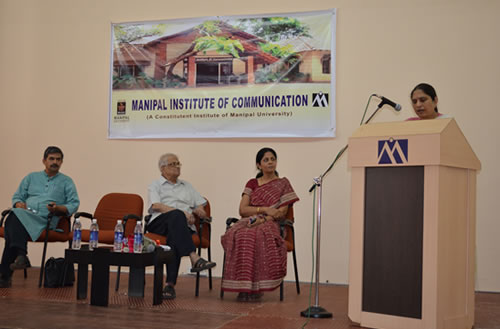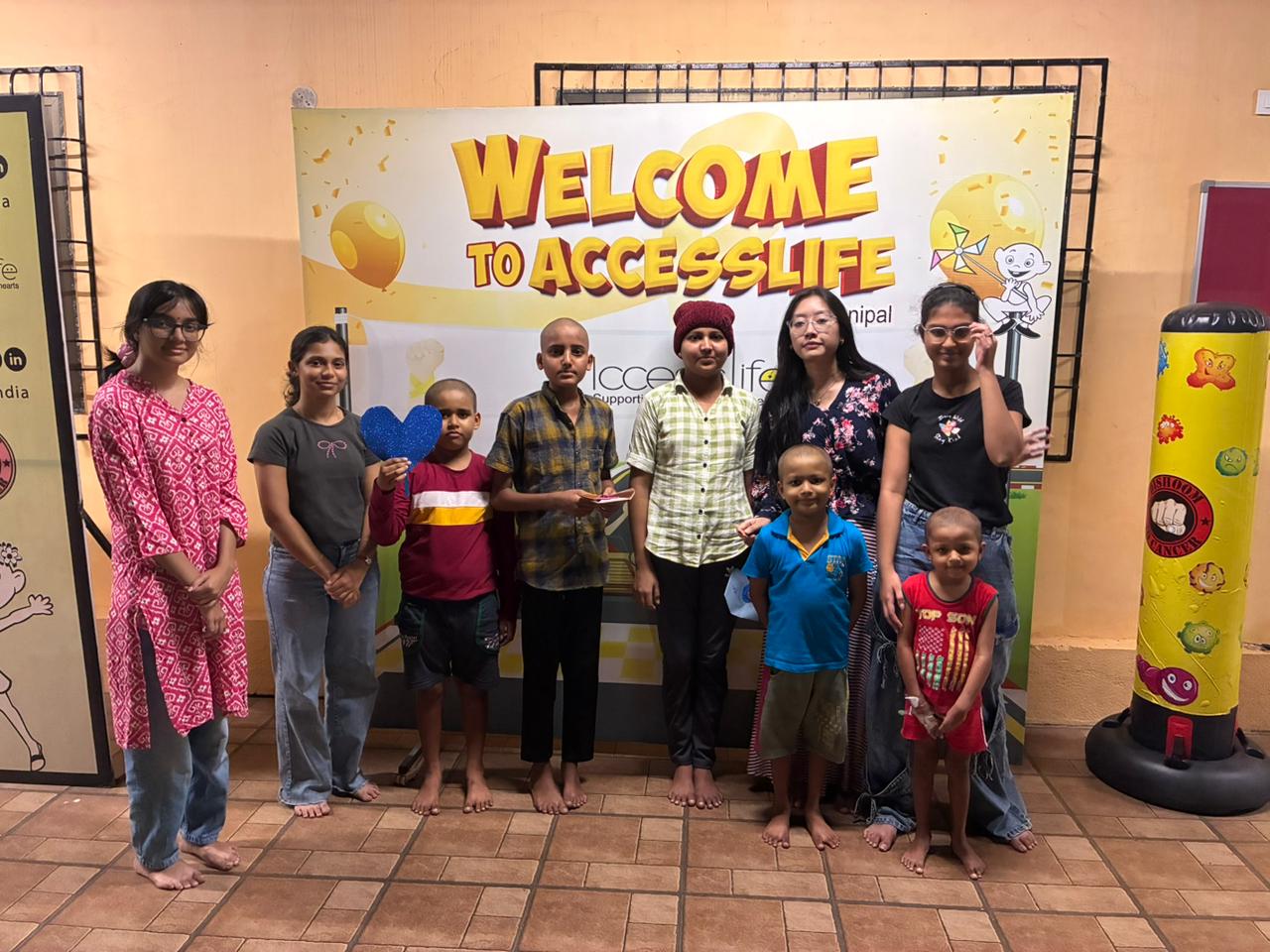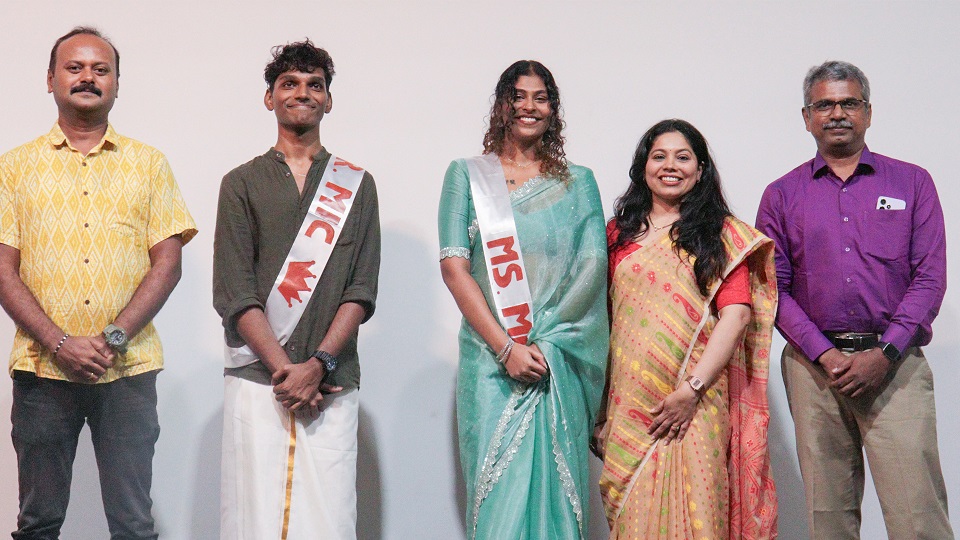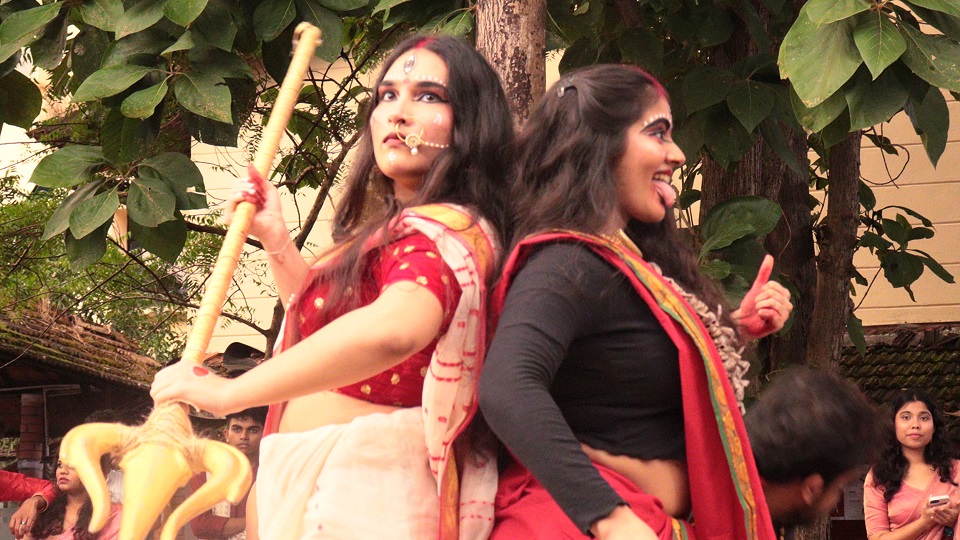Child labour not born out of poverty, says Magsaysay award winner
Child labour not born out of poverty, says Magsaysay award winner
November 12, 2012
“It is a myth that poverty causes child labor. It is a ‘consent’ manufactured by the elite,” said National Commission for Protection of Child Rights (NCPCR) Chairperson and Magsaysay Award winner Dr Shantha Sinha.
Addressing the students of Manipal Institute of communication here recently, she said that the celebration of democracy was possible not only when there was participation of people but also when Equity and social justice were attained. She felt that democracy could be celebrated if the poorest of poor were part of the development process.
Speaking on the subject of Child Rights, Dr Sinha who is also a professor of Political Science in Central University Hyderabad said that more importance had to be given to child rights as it formed a major part in building the nation.
The NCPCR Chairman spoke about the condition of children in the North Eastern states of Manipur, Meghalaya and Assam where HIV-AIDS is rampant among children. She opined that the children were bearing brunt of the lack of resources to tackle HIV-AIDS related problems.
She also touched upon the topic of child labor. Providing many anecdotes, she said that it would be wrong to justify child labor in the name of poverty as every child has a fundamental right to be in school as per the Right To Education Act. She also said that families would be elevated from the state of poverty if the children were sent to school.” Every parent, however poor, is ready to send a child to school, we need to stand against the ideology and consent manufactured by the rich for justifying child labor’ she added. Dr Shantha Sinha also brought out the flaw in the legal system where child labor is not banned in agriculture when 80 per cent of child labor is taking place in the sector.
“We have Roti, kapada , Makhan and live happily because children around the country have sacrificed their rights,” said the Magsaysay Award winner. During her work in controlling the child labour in cotton fields, it was seen that 80 per cent of the work on the fields was done by children and the owners felt that the industry would collapse if children were taken out of the labor force. “Every item we consume in our daily life has child labor mixed in it” she added.
Describing the condition of children in the areas of civil unrest, Dr Sinha said that families were fractured and children thrown into unfamiliar cosmos where they would have no schooling and end up on the streets. She also spoke about the work done by NCPCR in these regions where families have come back together and societies reconstructed because schooling has been provided for children. She felt that the best security the country could have was not through missiles and nuclear programs but through the security of the children of the country.
“Forty six per cent of the children in the country are malnourished, and if a child survives in this condition it is by accident,” she said. She felt that the citizens had to feel strong about the rights of the children and stand up for the same. Dr Sinha said that only the state had the power to save the poor, by providing rights and by attaining equity and social justice.
She urged the students to be more conscious citizens and celebrate democracy by investing more in children and child rights.
Dr R P Pai, Dr Vidyasagar, Honorary Director of Manipal Institute of Communication (MIC) M V Kamath, Director of MIC Varadesh Hiregange, Faculty coordinator H S Shubha and other faculty members of MIC were present.





